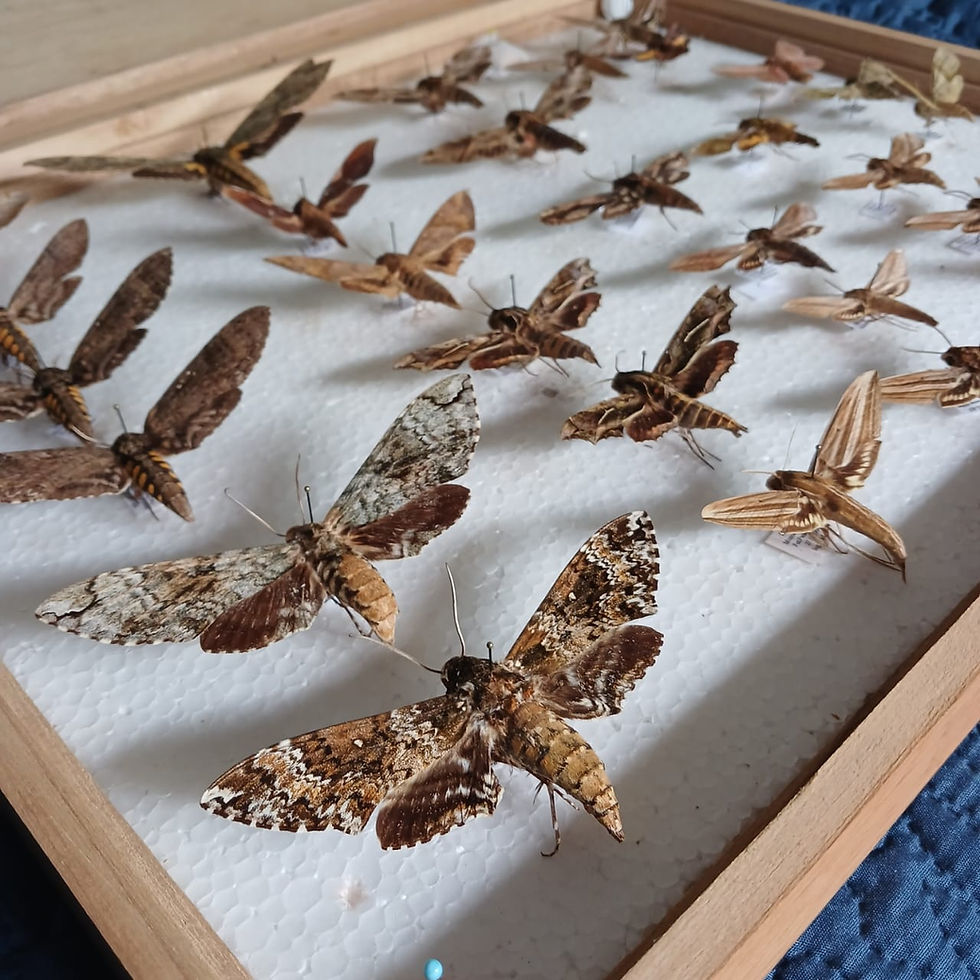Letters to a young scientist
- Andersonn Prestes

- 11 de jun. de 2013
- 2 min de leitura
Atualizado: 19 de fev. de 2025

Today is holiday in Hawaii, the Kamehameha day. Kamehameha (not the Dragon Ball) established the Kingdom of Hawai’i in 1810 (Wikipedia told me [I did not review the literature for that information]). Good day, as usual: sunny, no clouds, warm, and enjoyable. I decided to go for a hike after watching R.E.M.’s concert in Athens in 2008. I looked quickly at the google maps – there was a good hike near my place: 2 miles of city plus 2 miles of trail (I did not take any notes, I just thought: “I am the man, I know the way”). Of course I got a bit lost, but in the end I found the way in the long walk uphill. The trail is good, with ups and downs, and it gives us some spirit of adventure. You walk on the edge of the hill, on rocks and soil. There are very good lookouts toward the Manoa valley. I also saw three very pretty girls along the way, making the hike more agreeable.
I am a biologist who enjoys outdoors, even if my leg bothers me sometimes. Edward O. Wilson also enjoys the outdoors. Today, after the hike, I am here to say that I finished his last book in three days. I got addicted. I must say that I do not agree with everything that he wrote along his career, but he is indubitably a great scientist – and a very clear one. His prose is enjoyable and direct. In his letters, he gives some good advice for young scientists (the title above is the name of the book).
Although it may sound simplistic, I especially like how he describes the “profile” of a creative scientist. He says, in a very intuitive and free characterization: “My impression is that research scientists are more prone to introversion as opposed to extroversion, are neutral (can go either way) to antagonism versus agreeableness, and lean strongly toward conscientiousness and openness to experience”.
Also, and not surprisingly, he states in the title of his first letter: “First passion, then training”. Finally, and what made me to mark in the book, there is the relationship between science and poetry: “The ideal scientist thinks like a poet and only latter works like a bookkeeper. Keep in mind that innovators in both literature and science are basically dreamers and storytellers. In the early stages of the creation of both literature and science, everything in the mind is a story”.
I finish the post with a last quote, my favorite in the book – “by pleasure drawn from discovery of new truths, the scientist is part poet, and by pleasure drawn from new ways to express old truths, the poet is part scientist".





Comentários